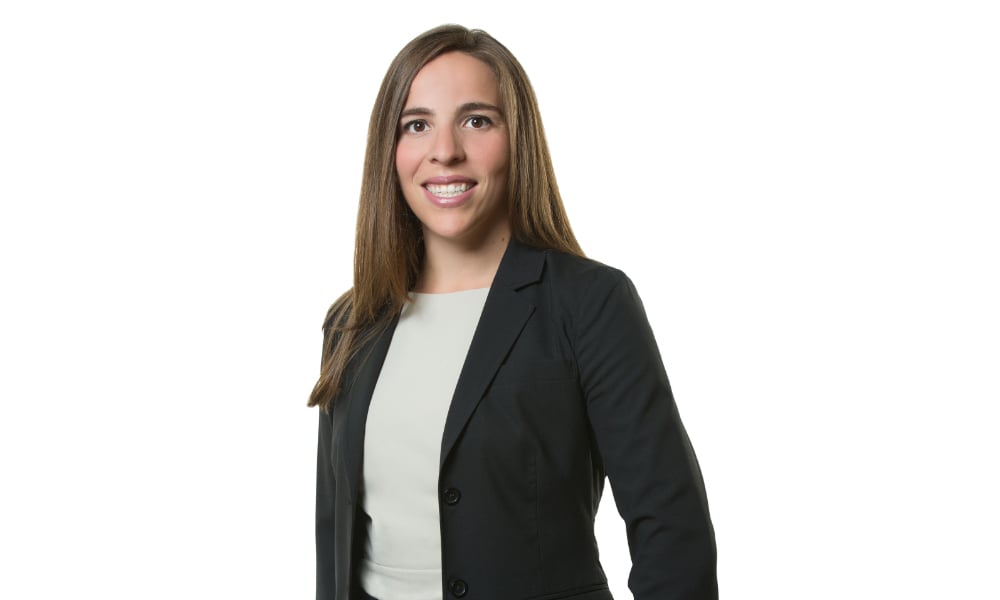
Leading personal injury lawyer shares her strategy for navigating second examinations in an era of backlogged courts

Sponsored article
In the three years since Lindsay Charles’ client attended her first examination for discovery in a personal injury case, her client had gone from high school, to work, to two different post-secondary programs. The defendant in that brain injury case called for what Charles dreaded: a second examination for discovery during pre-trial.
A product of backlogged courts, especially in the Toronto area, second examinations can derail a successful personal injury suit. With longer and longer times between the discovery and trial, defence counsel can more easily make the case that there’s been a substantial or unexpected change in circumstances for the plaintiff. If a second examination for discovery takes place, defence counsel now has a chance to speak to your client, get new admissions, and risk creating or exposing contradictions. A good personal injury lawyer needs to be ready for these requests. In the case of the high schooler turned graduate, Charles was ready.
“In those circumstances I didn't agree to produce her for a [full] discovery, but I did agree to produce her on the specific issues of employment and education,” Charles, an associate at McLeish Orlando LLP, explains. “Defence counsel brought a motion. We argued the motion on whether or not a second discovery should take place. A limited second discovery was granted on specific issues. A limited timeline was given as well. Because I offered to produce my client before the motion on those issues, no costs were awarded against my client.”
Charles told Canadian Lawyer that personal injury lawyers need to know the law relating to second examinations. The test requires a substantial or unexpected change in circumstances since the first examination for discovery was held. The defendant also has to show it would be manifestly unjust for them not to have a second discovery. With those high bars lawyers can guard their client against a second discovery. In certain cases, like the case of the high schooler, it’s tough to fully deny that there were substantial changes in circumstance, in at least part of her life.
In those cases, Charles advocates for a limited allowance. She finds the specific areas of her clients’ lives that have change in the intermediate period and invites a second examination on those areas alone. It’s that proactive approach, giving a little while protecting her clients’ from a wide-ranging examination, that she thinks is most prudent when facing a likely motion for a second examination.
“The practical tip is just really consider if you think it'd be fair for the client to be produced on a limited issue and before the motion,” Charles says. “Making sure you're serving that offer to settle on that limited issue basis to protect your client from costs.”
The growing likelihood of a second examination should be in the back of a lawyer’s mind as they proceed through a lawsuit. Meticulous records of the first examination need to be kept and, as with any situation where a client is facing examination, preparation is critical.
Charles doesn’t lament the court situation but thinks backlog and multi-year wait times are a reality many Canadian lawyers face. If that’s the reality, then so is the risk of a second examination. Charles’ message, then, is to prepare for them.